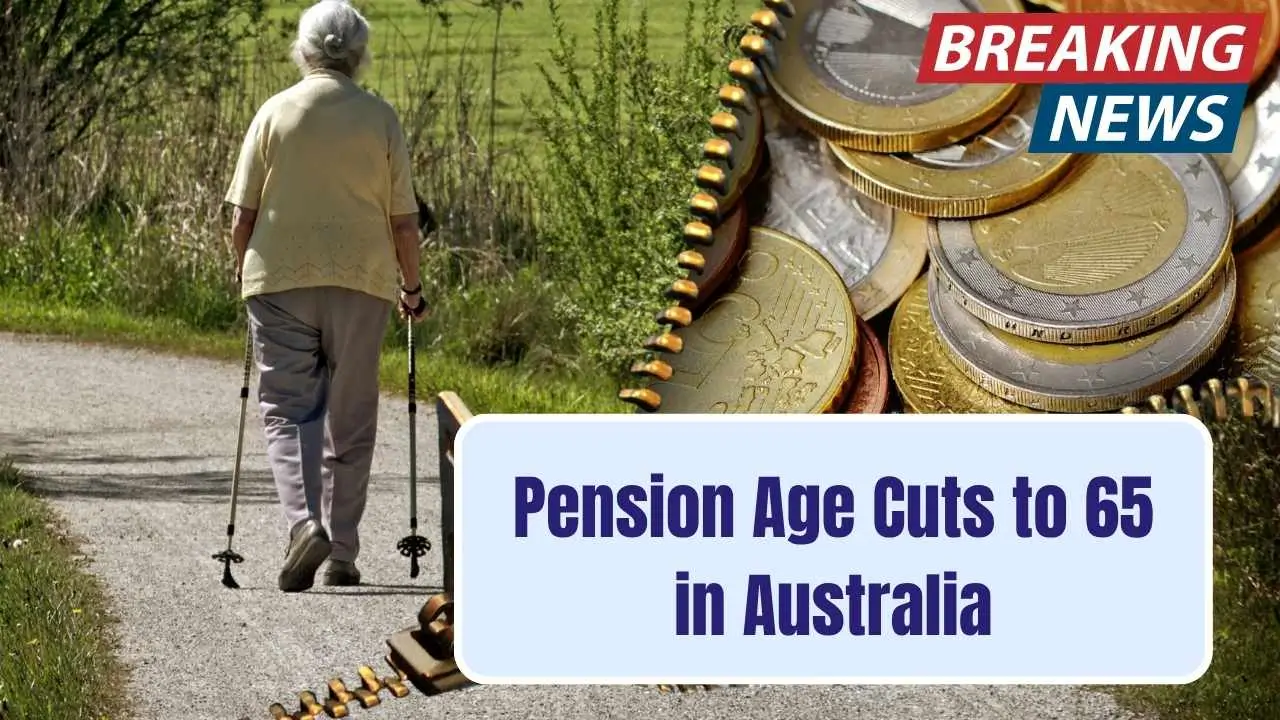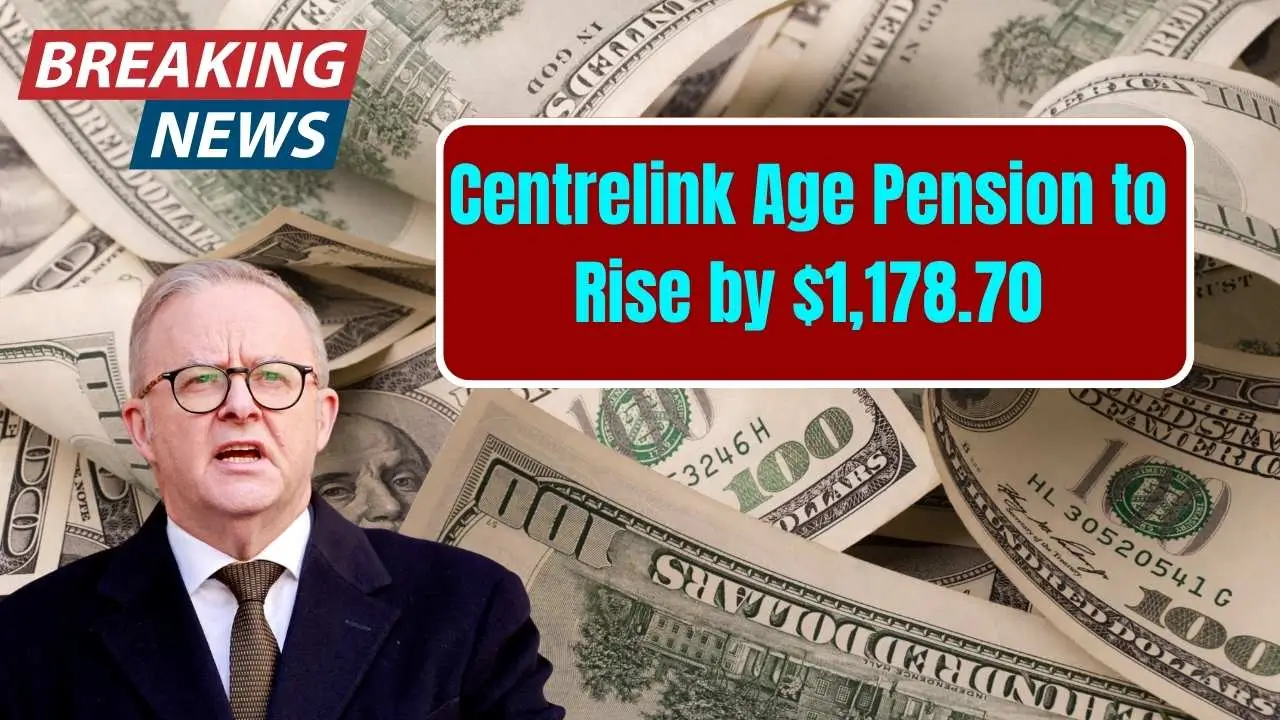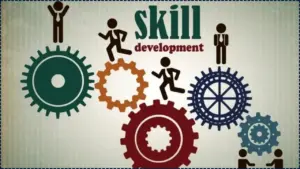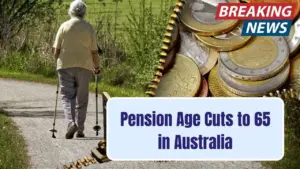A recent report by Economic Justice Australia (EJA) reveals a deeply distressing humanitarian crisis in Canberra, alleging that over 310,000 vulnerable Australians have had their essential Centrelink payments unlawfully cancelled over the last four years due to systemic flaws in the automated mutual obligations system.

This independent analysis highlights a profound failure in the social safety net, where the very system meant to support citizens has instead caused widespread financial hardship and distress, far beyond what the government had previously acknowledged. The EJA’s findings underscore the urgent need to overhaul these automated systems to prioritize human dignity and ensure stable support for every person relying on these payments for survival.
Centrelink Payments Wrongly Cancelled
| Key Fact | Detail |
|---|---|
| Estimated wrongful cancellations | 310,000 between 2020–2024 |
| Ombudsman’s confirmed figure | 964 unlawful cancellations (2022–2024) |
| Suspensions | 157,000 suspensions in early 2025 |
| Eligible for compensation | About 20% of those affected |
Report Findings: A Scale Far Beyond Official Admissions
The EJA report estimates that more than 310,000 Centrelink recipients had payments cancelled before the legally required 28-day grace period expired. The law mandates this period to allow recipients time to re-engage after missing “mutual obligations” such as job applications or provider appointments.
By comparison, the Commonwealth Ombudsman in August confirmed just 964 unlawful cancellations under the Targeted Compliance Framework between 2022 and 2024. The independent figures suggest the true scope of errors could be several hundred times greater.
The report also found 157,000 payment suspensions were issued in just the first four months of 2025, often disrupting household budgets without adequate notice.
Human Impact: Severe Financial and Emotional Consequences
The report documents stories of individuals facing eviction, debt collection, and food insecurity after abrupt cancellations. One Melbourne woman, identified only as “Jane,” lost payments while enrolled in a small-business training program. With only $800 in savings, she endured months without income, skipping rent and meals.
Advocates warn the failures disproportionately harm vulnerable groups, including Indigenous Australians, people with disabilities, and single parents.
Government Response and IT Failures
Ombudsman’s Warning
The Ombudsman’s August report described the cancellations as unlawful because they occurred without sufficient regard for individual circumstances. It recommended halting terminations until compliance with legal requirements could be assured.
System Pauses
In January 2025, the Department of Employment and Workplace Relations (DEWR) paused sections of the mutual obligations system after uncovering 1,326 cases where penalties were applied incorrectly due to IT errors.
A secret Deloitte review later warned of “instability” and “unintended impacts” in the automated platform, raising concerns about reliability.
Ministerial Position
Employment Minister Amanda Rishworth has acknowledged systemic issues but has not addressed the EJA’s estimate directly. She said cancellations were paused once irregularities were identified and pledged continued oversight.
Critics See Echoes of Robodebt
Observers have drawn parallels to the Robodebt scheme, an unlawful debt recovery program that relied on automated income averaging and was dismantled in 2020 after a Royal Commission. The government ultimately paid AUD $1.8 billion in compensation.
Welfare advocates argue that the latest revelations suggest “a repeat of the same mistakes,” where automation overrides fairness and due process.
What Affected Recipients Can Do
- Review records: Check Centrelink notices from 2020 to 2024 for signs of premature cancellation.
- Seek appeals: File for internal review, use the Administrative Appeals Tribunal, or contact legal services.
- Document harm: Collect evidence of financial losses, including rent arrears, utility disconnections, or health impacts.
- Contact advocates: Groups like Economic Justice Australia and community legal centres can help pursue redress or compensation.
Major Driving Law Shakeup for Over-70s in Australia – What Changes from October 2025
Outlook
This issue has become a critical humanitarian concern, as advocacy groups and parliamentary inquiries now press the government for accountability and swift, compassionate action. The government is under mounting pressure to explain how such widespread and harmful systemic failures were allowed to persist despite previous attempts at reform.
The true test of this moment is whether it will be a tragic repetition of past mistakes, like the Robodebt scandal, or if it will mark a turning point in welfare administration, one that is truly committed to protecting and supporting every Australian who relies on the social safety net, ensuring a future where no individual is left behind by flawed and unjust processes.
FAQ About Centrelink Payments Wrongly Cancelled
Q: How many people lost payments illegally?
A: Independent estimates suggest 310,000, while the Ombudsman officially confirmed 964 cases.
Q: What payments were affected?
A: JobSeeker, Youth Allowance, Parenting Payment, and Disability Support Pension were among those impacted.
Q: Can recipients get compensation?
A: Possibly. EJA estimates 20% of affected individuals may qualify for remediation or redress.
















